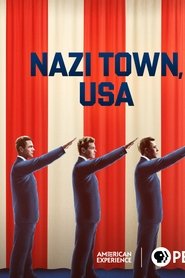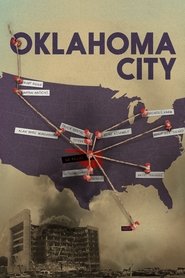
2024 star_border 7
playlist_add 
2024 star_border 8
playlist_add 
2024 star_border 8
playlist_add 
2024 star_border 7.5
playlist_add 
2024 star_border 8.5
playlist_add 
2023 star_border 8.5
playlist_add 
2023 star_border 6.5
playlist_add 
2023 star_border 8
playlist_add 
2023
playlist_add 
2022 star_border 8.5
playlist_add 
2022 star_border 7.9
playlist_add 
2021
playlist_add 
2020 star_border 7
playlist_add 
2018 star_border 6
playlist_add 
2017 star_border 6.9
playlist_add 
2010 star_border 7.6
playlist_add 
2005 star_border 6
playlist_add 
2005
playlist_add 
1998 star_border 6.5
playlist_add 
